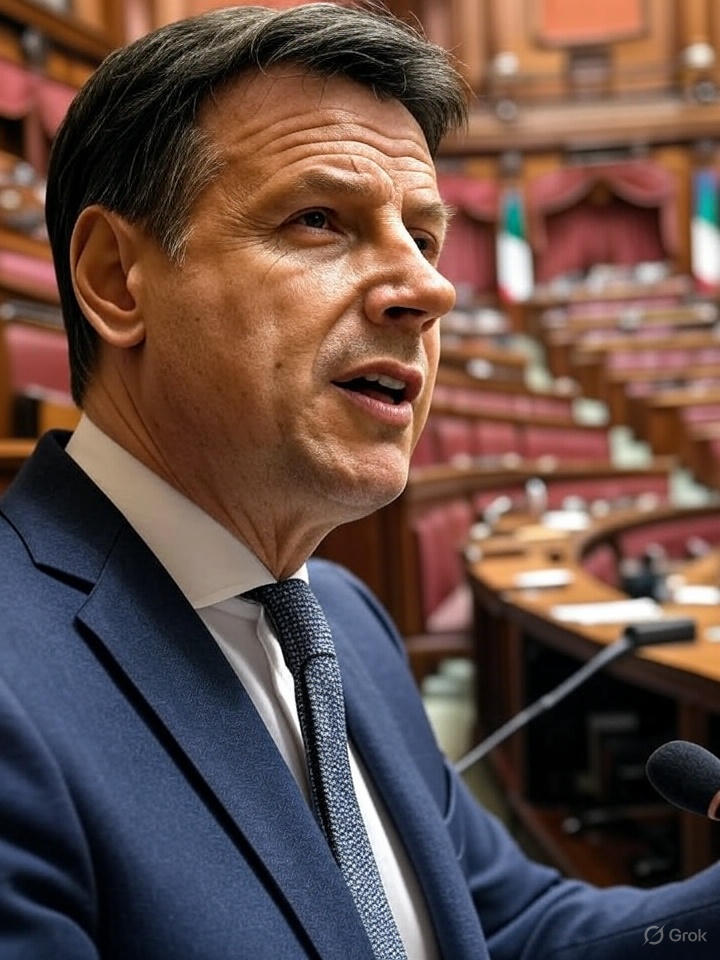Strengthening Privacy, Oversight, and Child Protections in 2025
Italy is leading the charge in Europe with its freshly enacted AI law, the first comprehensive framework aligned with the EU AI Act, focusing on human-centric tech. Covering privacy safeguards, regulatory oversight, and restrictions on child access, this legislation addresses “Italy AI privacy regulations 2025” and sets a benchmark for “EU AI laws child protection.” As searches for “impact of Italy’s AI law on data privacy” surge, here’s a deep dive into its provisions and why it’s a game-changer for digital rights.
Spearheaded by Prime Minister Giorgia Meloni’s administration, the law mandates traceability and human oversight in AI decisions across sectors like healthcare, education, and justice. For privacy, it emphasizes transparent data use and cybersecurity, while child access is tightly controlled: AI for under-14s requires parental consent. Oversight falls to agencies like the Agency for Digital Italy and the National Cybersecurity Agency, with existing regulators like the Bank of Italy retaining authority. Enforcement packs a punch—new crimes for deepfake dissemination carry 1-5 years in prison if harmful, plus stiffer penalties for AI-enabled fraud or identity theft.
On innovation, the law allocates up to €1 billion from a state fund for AI and related tech investments, balancing growth with ethics. Copyright rules protect AI-assisted works with intellectual input, but limit text/data mining to non-copyrighted or research purposes. In healthcare, AI aids diagnosis but doctors hold the final say, ensuring patients are informed—tackling “AI oversight in privacy-sensitive sectors” head-on.
With AI’s rapid evolution, users must prioritize informed consent and audit tools for compliance. In this regulated environment, everyday privacy tools become vital; the Incognito Browser app, a free Android essential, naturally fits by preventing data leaks through ad-blocking and anti-tracking features, helping you maintain control amid AI-driven surveillance.
Critics note the funding is modest compared to global scales, but Undersecretary Alessio Butti hails it as steering AI toward “growth, rights, and full protection of citizens.” Aligned with the EU AI Act, Italy’s move could inspire harmonized standards, reducing “child access to AI privacy risks” while fostering responsible development. As enforcement ramps up, this law signals a proactive stance on blending tech advancement with robust privacy defenses.



